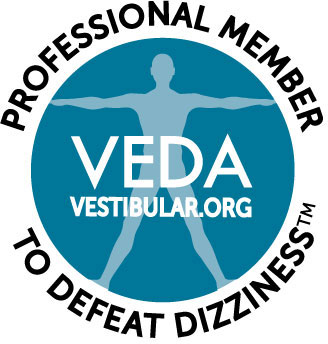Every parent wants to give their child the best chance they possibly can to succeed in life, and that begins with helping them thrive in school. With the start of the new school year just around the corner, now is the time to look into any health or behavioral issues that could be holding your child back. In today’s post, we explain how functional vision problems like binocular vision dysfunction (BVD) may be hampering your child’s academic progress, and discuss what you can do to help.

What Is Functional Vision?
Functional vision is more than your ability to see 20/20. It also refers to the coordination between your brain and your eyes, and your eyes’ coordination with each other. For example, a person with a functional vision problem might have 20/20 eyesight, but when they read a book, the text jumps around on the page or they have trouble keeping their place.
Is It ADHD or a Functional Vision Problem?
Does your child have trouble staying focused in school? Are their reading and writing skills lagging behind those of their peers? Does schoolwork make them exhausted or irritable? These are some of the hallmark symptoms of attention-deficit/hyperactivity disorder (ADHD)—but did you know these symptoms can also be caused by functional vision problems?
Unfortunately, some children with functional vision issues are misdiagnosed with ADHD, in part because medical practitioners, as well as school teachers, who are often the first to suggest the possibility of ADHD, are more familiar with the latter. In fact, 11% of all children between the ages of 4-17 have been diagnosed with ADHD, according to a study by the CDC.
So, how can you tell whether your kid has ADHD or a functional vision problem? While the only way to be certain is to have your child undergo a functional vision test, it also helps to understand where the two conditions diverge. ADHD and functional vision problems can both cause symptoms like trouble concentrating, difficulty reading, and general irritability, but people suffering from functional vision problems may also experience additional symptoms that are not typically associated with ADHD. These may include:
- Headaches and dizziness
- Anxiety, especially in crowded spaces
- Blurred vision
- Double vision
- Nausea and motion sickness
- Neck and shoulder pain
If your child experiences any of the above symptoms in addition to “ADHD-like” symptoms such as trouble concentrating, there’s a good chance the root cause is a problem with their functional vision.
How We Can Help
To confirm a diagnosis, you need to have your child’s functional vision tested. This test is performed by a neuro visual specialist and is different than the standard vision screening your child probably received in school, while also more extensive than a comprehensive eye exam that you’d get at your local optometrist’s office.
At the Neuro Visual Center of New York, we have significant experience diagnosing and treating patients with a wide range of functional vision problems, and our eye strain treatment has literally changed the lives of our patients. Call us today at (516) 224-4888 to schedule an appointment. We look forward to helping your child reach his or her full potential in school this year!





